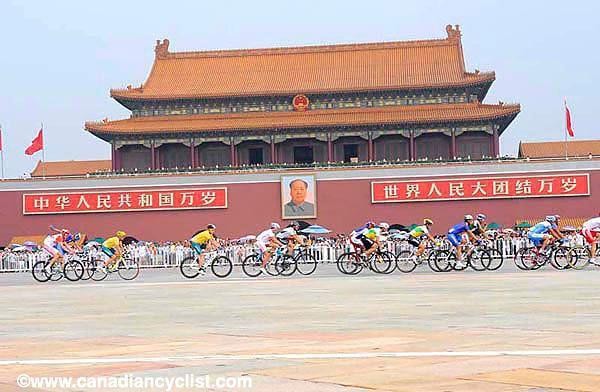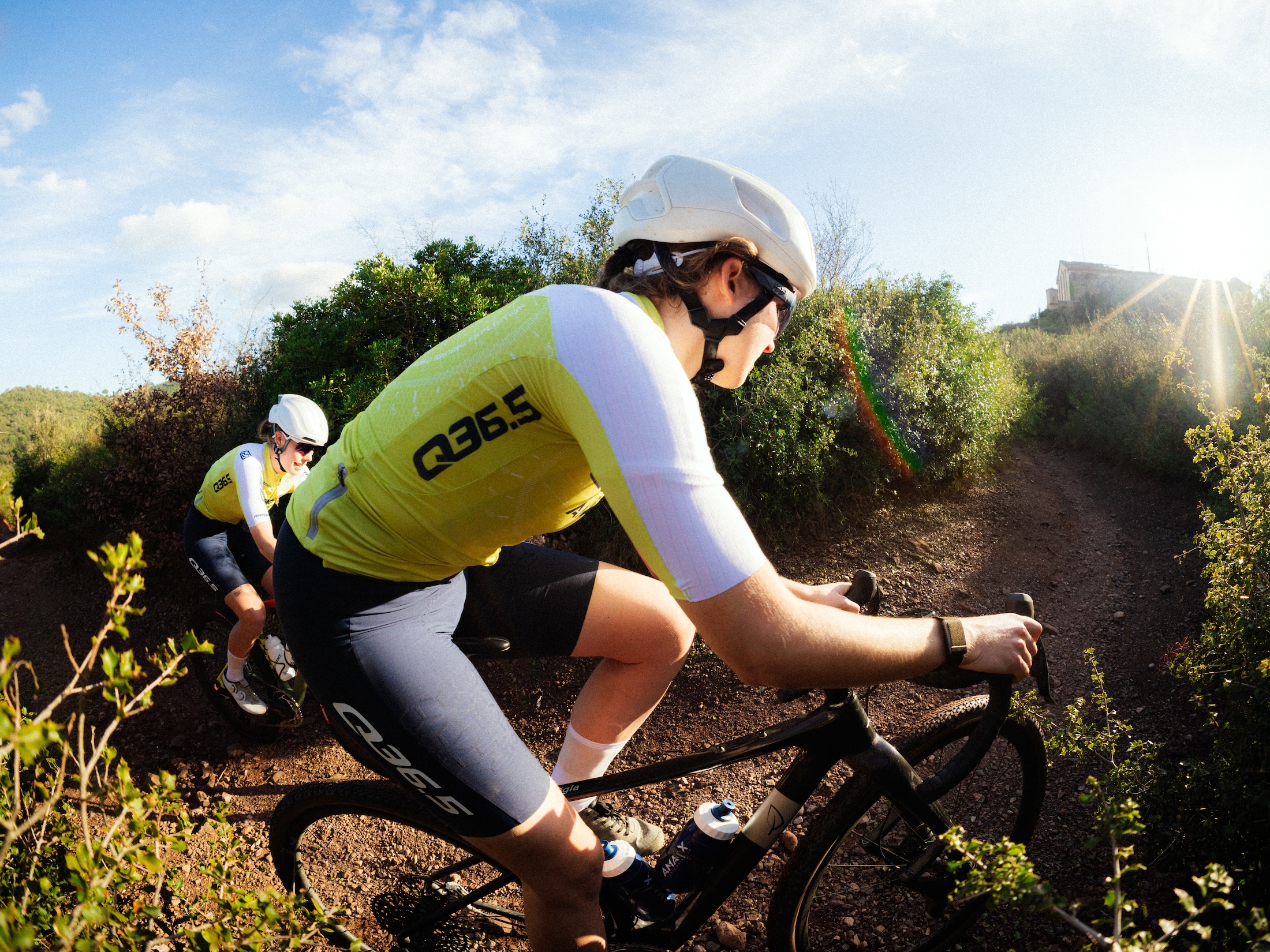IOC to re-test Olympic Games samples
The International Olympic Committee (IOC) announced on Wednesday its intentions to further analyze...
The latest race content, interviews, features, reviews and expert buying guides, direct to your inbox!
You are now subscribed
Your newsletter sign-up was successful

The International Olympic Committee (IOC) announced on Wednesday its intentions to further analyze athletes' anti-doping test samples collected during this summer's Olympic Games in Beijing, China. In particular, the IOC will test athletes across all sports for the performance-enhancing banned blood booster EPO Continuous Erythropoiesis Receptor Activator (CERA).
The Beijing samples from Olympic athletes are en route to the WADA-accredited laboratory in Lausanne, Switzerland, where they will be saved in the manner typical of those from the Olympic Games. The IOC is discussing with WADA how many samples will be tested when and how.
"Our message is very clear. The IOC will not miss any opportunity to further analyse samples retroactively. We hope that this will work as a strong deterrent and make athletes think twice before cheating," said IOC President Jacques Rogge on the agency's website. The IOC stores samples from Olympic Games for eight years so they can be tested retroactively should new test methods and banned substances become known.
More anti-doping tests than ever were conducted at the Olympic Games in Beijing, China, including 3,801 urine and 969 blood tests over 29 days. 871 tests were done for EPO while 471 tests checked for Human Growth Hormone (hGH). In general, the IOC tested the top five and two additional finishers for each event.
Earlier this week, Tour de France cyclists Leonardo Piepoli and Stefan Schumacher tested positive for EPO CERA based on testing of blood samples conducted by the French Anti-doping Agency (AFLD).
The latest race content, interviews, features, reviews and expert buying guides, direct to your inbox!
Sue George is an editor at Cyclingnews. She coordinates all of the site's mountain bike race coverage and assists with the road, 'cross and track coverage.
